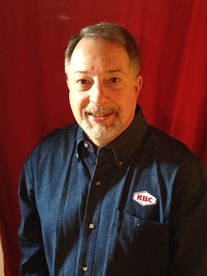“What we know today probably won’t be what happens tomorrow,” according to Mel Larson, the opening speaker (“Crude Export & the New Dynamic”) at the week-long RefComm® refining conference in Galveston. Larson, principal consultant at KBC Advanced Technologies, sees a positive outlook for the refining industry in spite of dismal first quarter earnings reports reported by some of the major oil companies’ refining divisions as well as among some of the independent refiners.
Larson supported his viewpoint based on the premise that the U.S. refining industry infrastructure is the best in the world, among other valuable capabilities. One of these, is the capability to process any type of feedstock, particularly with the refiners along the Gulf Coast, where access to the new Panama Canal is fundamentally changing shipping activity and lowering costs, thereby making refined product exports from Gulf Coast refineries to Asian markets very competitive.
One large advantage benefiting refiners is access to the largest pipeline network in the world. Tariffs on pipelines are significantly less than rail or shipping tariffs. However, the biggest advantage delivered by pipelines is the options they provide refiners for better integration, such as with the integration of Shell’s Convent and Norco plants operating as one integrated facility in Louisiana.
While the diesel glut is developing worldwide, gasoline consumption is increasing everywhere. Just until recently, the industry narrative revolved around ramping up diesel production at the expense of a declining gasoline market. But what may have been apparent yesterday in the refining industry is not the case going forward.








Leave a Reply
You must be logged in to post a comment.